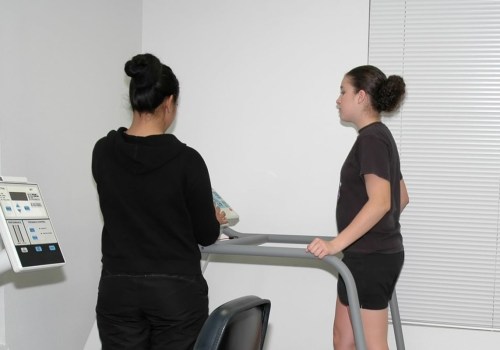A holistic professional focuses on patients' mind-body connection, determining the root of physical symptoms rather than treating symptoms alone, and using methodologies from around the world and throughout history to provide relief and healing to their patients. The word holistic means “dealing with the whole. From this definition, we understand that holistic medicine implies the well-being of the whole person. A holistic practitioner will treat not only the physical ailment or condition, but also the emotional, mental, and even spiritual aspects that aggravate the condition.
Holistic medicine is an approach to health care that takes into account the whole person and the circumstances around them. A holistic doctor believes that attitudes, lifestyles, spiritual health, and physical health are related. Holistic treatments are directed according to what, in the grand scheme, the holistic physician determines to be the cause. In many cases, the doctor also works on preventive care.
Meeting with a holistic doctor once a year can help you stay on track and continue to make better decisions for your well-being. To help his patients maintain a healthy lifestyle, a holistic doctor may recommend regular health screenings, nutritional counseling, and treatments to reduce stress, such as meditation or massage therapy. The goal of holistic healing is to improve the body's natural healing capabilities and empower the patient to take charge of their health. If you visit a holistic doctor, you can expect them to ask you a lot of questions that you don't think are directly related to the condition you have come for treatment.
A holistic doctor considers this complex mind-body relationship to provide a comprehensive treatment plan for their patients. Holistic medicine professionals believe that the whole person is made up of interdependent parts and that if one part doesn't work properly, all other parts will be affected. Herbal treatment used in modern holistic practices originated in ancient Greece and Rome, and gradually turned to Europe and then to the Americas. Holistic healthcare examines the whole person, not just their physical symptoms, focusing on how the body's systems work together as a unit.
Salary information is not available for the full range of holistic health careers, but there are statistics for some types of careers that show income in the alternative health field. Holistic health is defined as a holistic approach that combines all aspects of a person's health. Holistic health professionals go beyond the reach of Western medicine to offer an approach to care that emphasizes total well-being. For example, when a person suffering from migraines visits a holistic doctor, rather than going out with medication alone, the doctor is likely to look at all the potential factors that may be causing the person's headaches, such as other health problems, diet and sleep habits, stress and personal problems, and practices favorite spirituals.
In this case, acupuncture is used together with chemotherapy as part of a holistic treatment plan.



